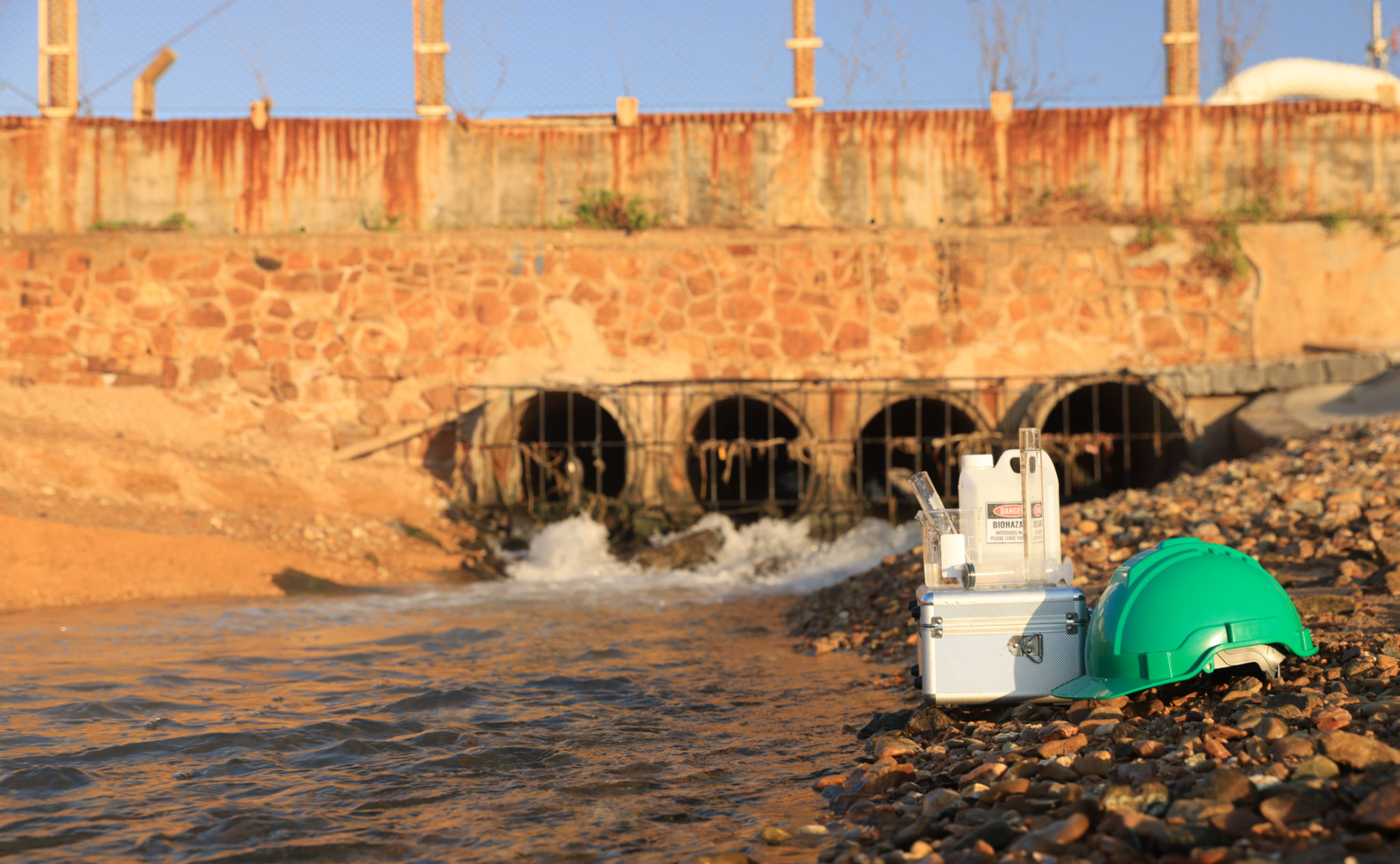Preparing Your Gaborone Home for the Rainy Season: Essential Renovation Tips
Inspect and Repair Your Roof
As the rainy season approaches in Gaborone, one of the first areas of your home that needs attention is the roof. Start by inspecting your roof for any missing, cracked, or broken tiles or shingles. Repairing these issues promptly can prevent leaks and water damage inside your home. Additionally, check for any signs of mold or mildew, which could indicate underlying moisture problems.
Don't forget to clean your gutters and downspouts. Blocked gutters can cause water to overflow and damage your roof and walls. Ensure they are clear of leaves, twigs, and any other debris so water can flow freely.

Ensure Proper Drainage
Proper drainage around your home is crucial during the rainy season. Examine the ground around your house to ensure it slopes away from the foundation. This will prevent water from pooling around your home, which can lead to foundation issues.
Consider installing or upgrading French drains or other drainage systems if you notice persistent water pooling. These systems can help redirect water away from your home efficiently.

Check Doors and Windows
Your doors and windows are potential points of entry for rainwater. Inspect them for any gaps or cracks that may allow water to seep through. Use weatherstripping and caulking to seal any openings you find.
Additionally, consider installing storm shutters or reinforced glass if you live in an area prone to severe weather conditions. These additions provide extra protection against strong winds and heavy rains.
Prepare Your Interior
Inside your home, take steps to minimize potential water damage. Move valuable items away from windows and doors where they might be exposed to leaks. You might also want to consider elevating furniture and electronics in areas prone to flooding.
Investing in a sump pump can be a wise decision if you have a basement. It helps keep the area dry by removing any water that accumulates during heavy rains.

Maintain Your Garden
A well-maintained garden can play a significant role in managing rainwater. Trim overgrown trees and shrubs to reduce the risk of branches falling onto your home during storms. Additionally, ensure that plants and garden beds have proper drainage.
Consider planting native vegetation that is better suited to handle the local climate and can help manage excess water effectively.

Emergency Preparedness
Finally, it's essential to have an emergency plan in place. Ensure that everyone in your household knows what to do in case of severe weather conditions. Prepare an emergency kit with essentials such as flashlights, batteries, first-aid supplies, and important documents.
Stay informed about weather conditions by keeping a reliable source of information handy, such as a weather app or radio. This will help you take timely actions to protect your home and family.

